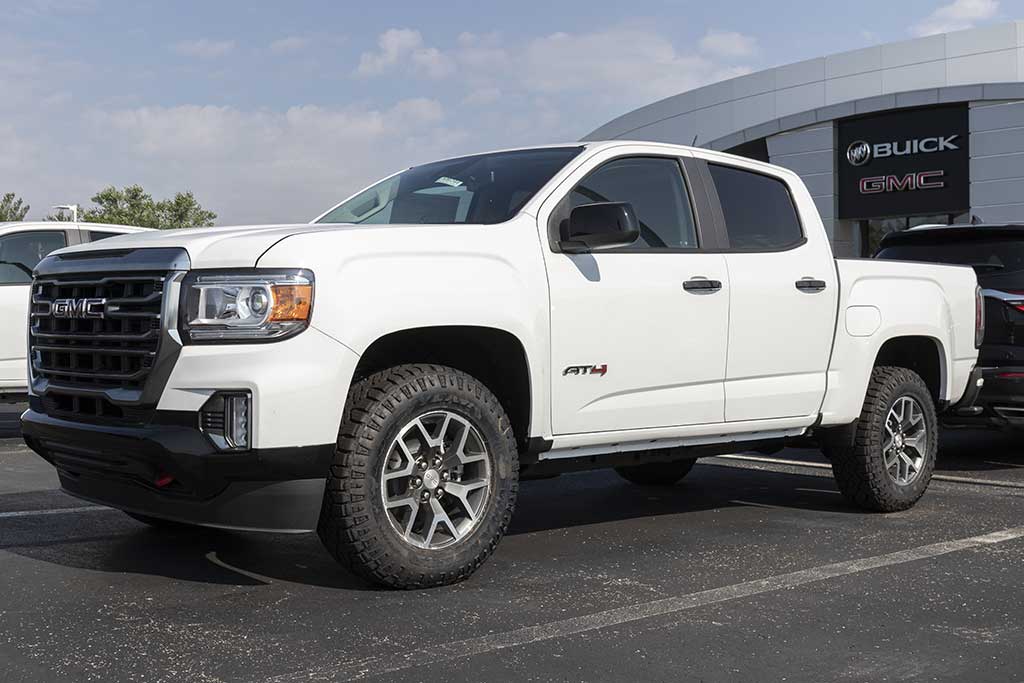
Seventh generation GMC Sierra trucks commonly have problems with their air conditioning systems. Specifically, those that purchased 1999 to 2002 GMC trucks with gas V8 engines should keep in mind that there are two distinct compressors; Denso or Delphi A/C compressor. Failing to confirm the version you own before ordering a replacement can result in getting an incorrect part.
How to Verify Which Compressor You Have
These compressors do not always display a specific VIN digit that distinguishes them, so the only way to tell the difference is by manually inspecting the actual compressor prior to making a purchase. While it may be possible to find the Delphi or Denso label, it is probable that the label is missing or non-legible. However, there are some physical differences between them.
For instance, the 10S20 Denso compressor can be visually confirmed by its line ports which can be seen in its central area, which is connected by dual bolts. By contrast, the HU6 Delphi compressor has its line ports near its rear head, and each line is connected to a compressor via one bolt.
Each compressor variant contains a port which is used for the pressure switch, which is situated near the compressor rear head. It is simple to swap for the original component. Those that are still not certain which compressor version they have can inspect the original component for part numbers, or speak with their auto dealer. When contacting them be sure to have your VIN if possible so you can request your OEM component number which corresponds to the truck you have.
What Type of Compressor Problems Do GMC Trucks Have?
Those who own GMC pickup trucks made between 1999 and 2002 had encountered a problem where the A/C suddenly stops cooling down the vehicle. It sometimes occurs after the truck has been driven for a specific period of time, perhaps twenty to thirty minutes. Some drivers were able to temporarily fix the issue by restarting the vehicle, which prompted compressor reengagement, but this didn’t address the underlying issue.
Some owners took their trucks to mechanics that inspected their refrigerant level. Others replaced the truck’s lower pressure cycle switch, which in many cases resolved the issue for some, but not all. Drivers also noted that their compressor appears to stop whenever the system is brought off the dual cool to warmer settings where they want their truck to maintain a specific temperature. The compressor loss seems to coincide with the slowdown of the fans themselves.
Some mechanics recommended pulling the HVAC fuse within the truck’s engine compartment as well as disconnecting the battery briefly so that the A/C system is reset. Others suggested checking the truck’s compressor clutch to ensure a correct air gap is present. Many people have had success with this method because it is believed that the clutch failed, and it might be possible to fix it without having to remove the entire compressor. It is also possible to adjust air gaps if they are out of their spec.
Why Choose R & Y A/C Compressors?
For more than 30 years, we have provided quality parts and services to clients in the air conditioning parts industry. Our specialties include air conditioners and heaters for a wide range of vehicles. Contact us today!
